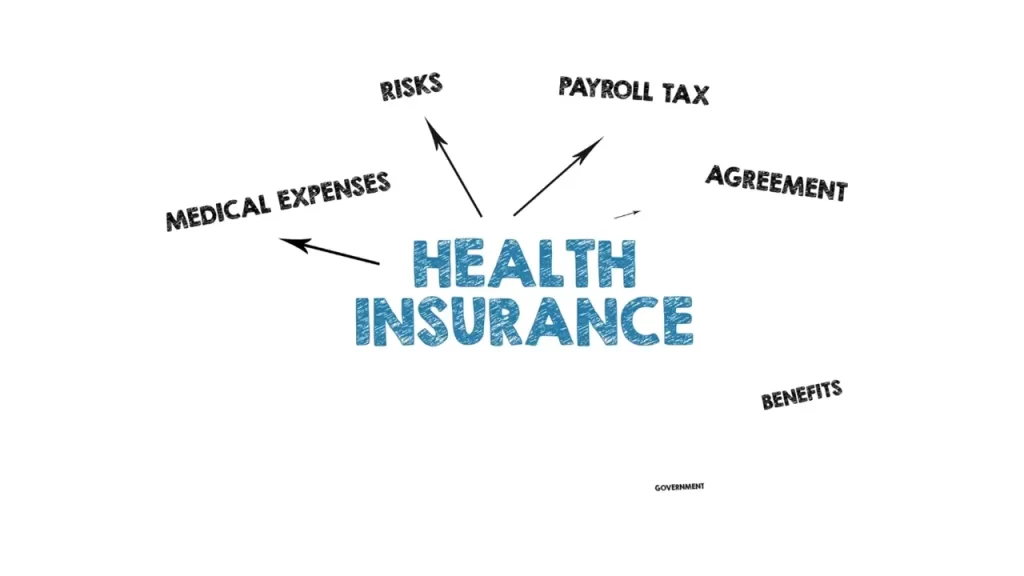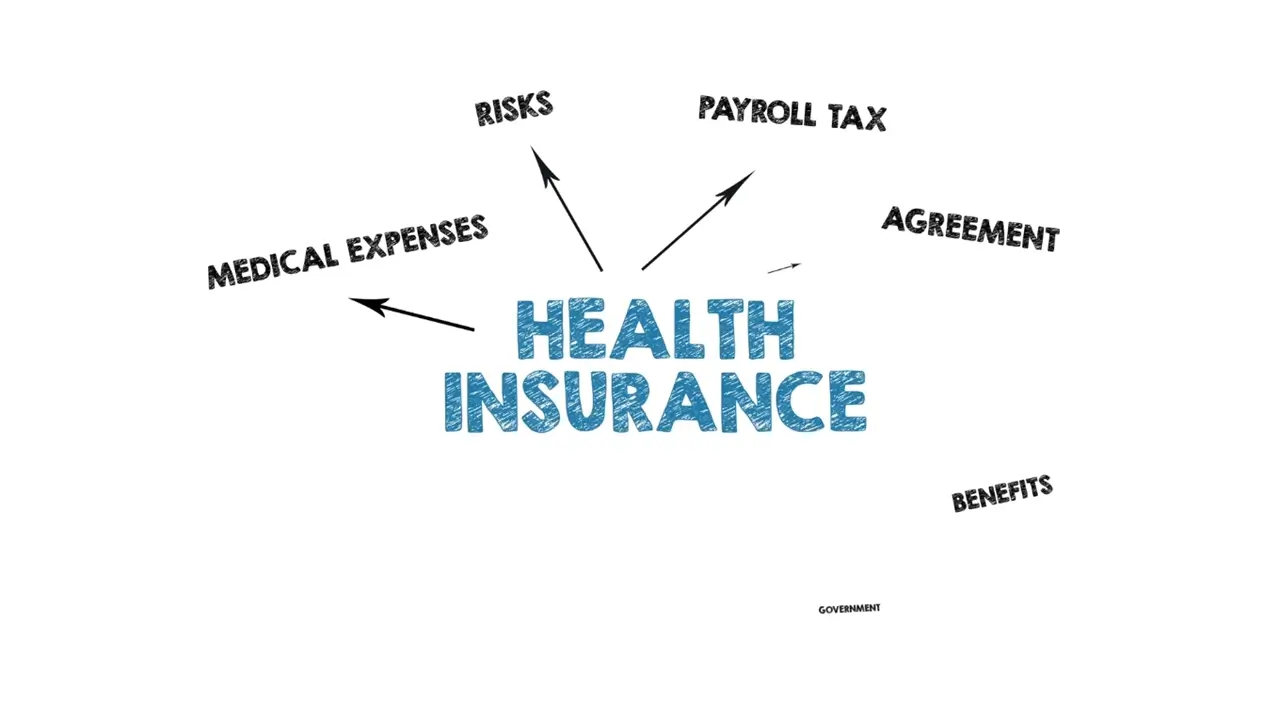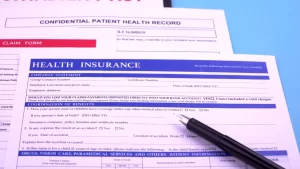Navigating the world of health insurance can be daunting, but finding an affordable plan is crucial for maintaining your health and financial well-being. Here’s a comprehensive guide to help you secure affordable health insurance. Want to know more about Health Insurance Basics read

Finding Affordable Health Insurance
Here are some tips to help you find affordable health insurance:
1. Understand Your Needs
Before diving into the search, assess your healthcare needs. Consider factors like:
- Frequency of doctor visits
- Prescription medications
- Chronic conditions
- Preferred doctors and hospitals
2. Explore the Health Insurance Marketplace
The Health Insurance Marketplace, established under the Affordable Care Act (ACA), is a great starting point. It offers a variety of plans with different coverage levels and costs. You can compare plans based on your income and household size to find the most affordable option.
3. Check for Subsidies and Tax Credits
Depending on your income, you might qualify for subsidies or tax credits that can significantly reduce your premiums. The ACA provides these financial aids to make health insurance more accessible.
4. Consider Medicaid and CHIP
Medicaid and the Children’s Health Insurance Program (CHIP) offer free or low-cost health coverage to eligible individuals and families. Eligibility varies by state, so check your state’s specific requirements.
5. Look into Employer-Sponsored Plans
If you’re employed, your employer might offer health insurance plans. These plans often come with lower premiums because employers typically share the cost. Additionally, employer-sponsored plans might offer better coverage options.
6. Evaluate Different Plan Types
Health insurance plans come in various types, each with its own cost structure and coverage:
- Health Maintenance Organization (HMO): Requires you to use a network of doctors and get referrals for specialists.
- Preferred Provider Organization (PPO): Offers more flexibility in choosing healthcare providers but at a higher cost.
- Exclusive Provider Organization (EPO): Similar to HMOs but without the need for referrals.
- High-Deductible Health Plan (HDHP): Lower premiums but higher out-of-pocket costs, often paired with Health Savings Accounts (HSAs).
7. Use Online Tools and Resources
Websites like Healthcare.gov provide tools to compare plans and estimate costs based on your specific situation. These tools can help you find the most affordable options available to you.
8. Consult with a Health Insurance Broker
A broker can help you navigate the complexities of health insurance. They can provide personalized advice and help you find a plan that fits your budget and needs.
9. Review and Compare Plans Annually
Health insurance plans and your healthcare needs can change yearly. Make it a habit to review and compare plans during the open enrollment period to ensure you’re still getting the best deal.
10. Consider Catastrophic Plans
If you’re under 30 or qualify for a hardship exemption, you might be eligible for a catastrophic plan. These plans have low premiums and high deductibles, covering essential health benefits after you’ve paid a significant amount out-of-pocket.
Conclusion
Finding affordable health insurance requires research and understanding your options. By exploring the Health Insurance Marketplace, checking for subsidies, considering Medicaid, and evaluating different plan types, you can find a plan that meets your needs without breaking the bank.
Remember, the right health insurance plan can provide peace of mind and protect you from unexpected medical expenses. Take the time to explore your options and choose wisely.
If you have any specific questions or need further assistance, feel free to ask right into the comment box!
What are some tips for reducing health insurance costs?
Tips for Reducing Health Insurance Costs
- Choose a High-Deductible Health Plan (HDHP): These plans typically have lower premiums. Pairing an HDHP with a Health Savings Account (HSA) can help manage out-of-pocket costs.
- Use In-Network Providers: Always opt for doctors and hospitals within your insurance network to avoid extra charges.
- Increase Your Deductible: A higher deductible can lower your monthly premium.
- Take Advantage of Preventive Care: Many plans cover preventive services like vaccinations and screenings at no extra cost.
- Shop Around Annually: Compare different plans during the open enrollment period to ensure you’re getting the best deal.
- Utilize Telehealth Services: Virtual visits can be cheaper than in-person appointments.
- Maintain a Healthy Lifestyle: Non-smokers and those with a healthy BMI often get lower premiums.
- Check for Subsidies: Depending on your income, you might qualify for subsidies that reduce your premium.
How do you find a local health insurance broker?
Finding a Local Health Insurance Broker
To find a local health insurance broker, you can:
- Use Online Directories: Websites like Healthcare.gov allow you to search for local brokers by entering your city or ZIP code.
- Visit Health Insurance Websites: Platforms like HealthMarkets provide access to licensed agents who can assist you.
- Ask for Recommendations: Friends, family, or colleagues might know reliable brokers in your area.
- Contact Insurance Companies: Many insurers have a network of brokers they work with and can refer you to one.
Explain more about Health Savings Accounts (HSAs).
Health Savings Accounts (HSAs)
A Health Savings Account (HSA) is a tax-advantaged account designed to help individuals with high-deductible health plans (HDHPs) save for medical expenses. Here’s how they work:
- Eligibility: You must be enrolled in an HDHP to open an HSA.
- Contributions: Both you and your employer can contribute to your HSA. For 2024, the maximum contribution is $4,150 for individuals and $8,300 for families.
- Tax Benefits: Contributions are tax-deductible, and withdrawals for qualified medical expenses are tax-free.
- Investment Options: Funds in an HSA can be invested, allowing your savings to grow over time.
- Rollover: Unlike Flexible Spending Accounts (FSAs), HSA funds roll over year to year, so you don’t lose unused money.
- Qualified Expenses: HSAs can be used for a wide range of medical expenses, including doctor visits, prescription medications, dental and vision care.
HSAs offer a flexible and tax-efficient way to manage healthcare costs, especially for those with high-deductible plans.
If you have any more questions or need further assistance, feel free to ask!






























Wohh just what I was looking for, thanks for putting up.
I?¦ve recently started a web site, the information you provide on this web site has helped me tremendously. Thank you for all of your time & work.
you have got an awesome weblog right here! would you like to make some invite posts on my weblog?
Your style is so unique compared to many other people. Thank you for publishing when you have the opportunity,Guess I will just make this bookmarked.2
After all, what a great site and informative posts, I will upload inbound link – bookmark this web site? Regards, Reader.
As a Newbie, I am continuously searching online for articles that can be of assistance to me. Thank you
Thanks for the marvelous posting! I actually enjoyed reading it, you are a great author.I will be sure to bookmark your blog and definitely will come back down the road. I want to encourage you to ultimately continue your great job, have a nice day!
For en fremragende skrivejobb! Både grundigheten og klarheten i din analyse er sterkt verdsatt. Dine data var både praktiske og relevante. Dette er en artikkel jeg vil komme tilbake til på et senere tidspunkt. Din kunnskap og innsikt er sterkt verdsatt.